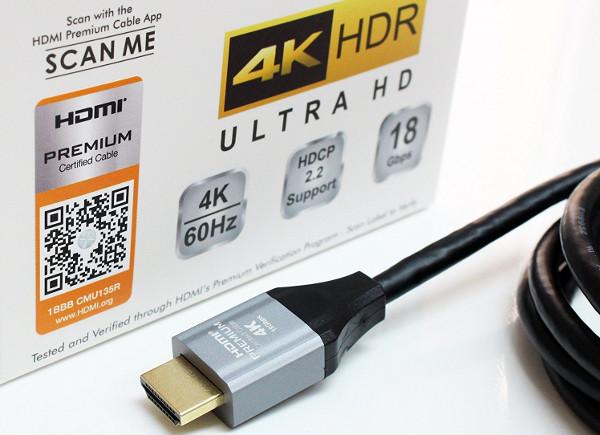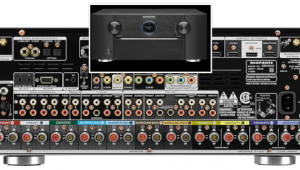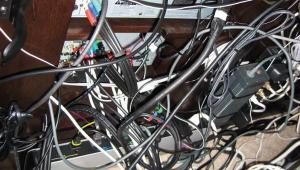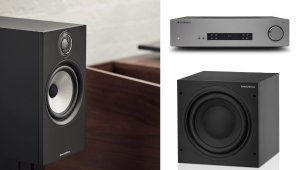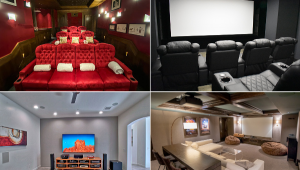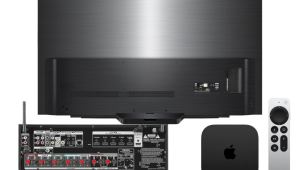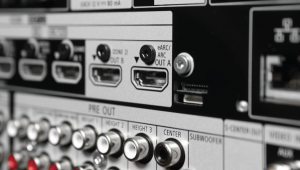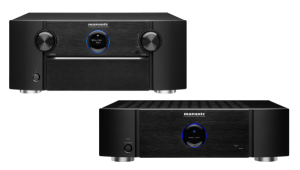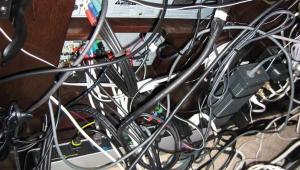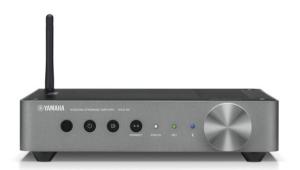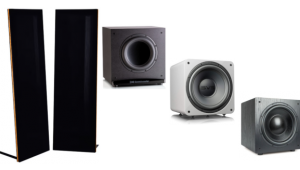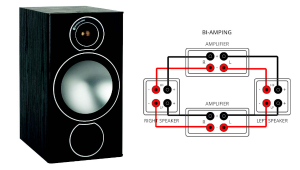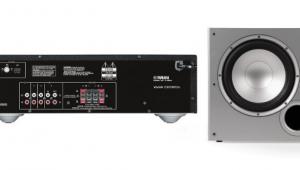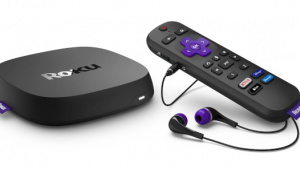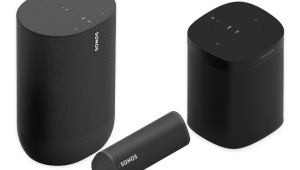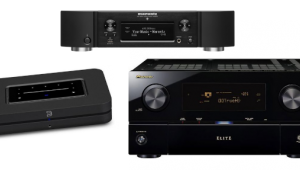If he's streaming from within the tv, he won't need anything. However, if he's going to be purchasing any new external media, whether it be a UHD Blu Ray player, a HDR-enabled Roku, or other set top box, I can almost guarantee he'll need new cables. The A/V forums out there are filled with people having issues with new TVs, and the responses are now almost universal that the first step is to get new HDMI cables.
The transition to HDCP 2.2 and HDR has caused quite a bit of cable unrest. I recently bought a new HD Blu Ray player and a new Roku Premiere+ to accompany my new HDR capable set. I ended up having to replace every cable in the chain that was to pass HDR signals. I had fairly new HDMI cables from Blue Jeans Cable, which are some of the most reputable in the industry. However, I could not pass 4K HDR at 4:4:4 and 60FPS until I changed out every cable in the signal chain. Granted, I was trying to pass it through my AVR, which adds its own set of headaches. But the problems with HDR were all due to cable bandwidth.
